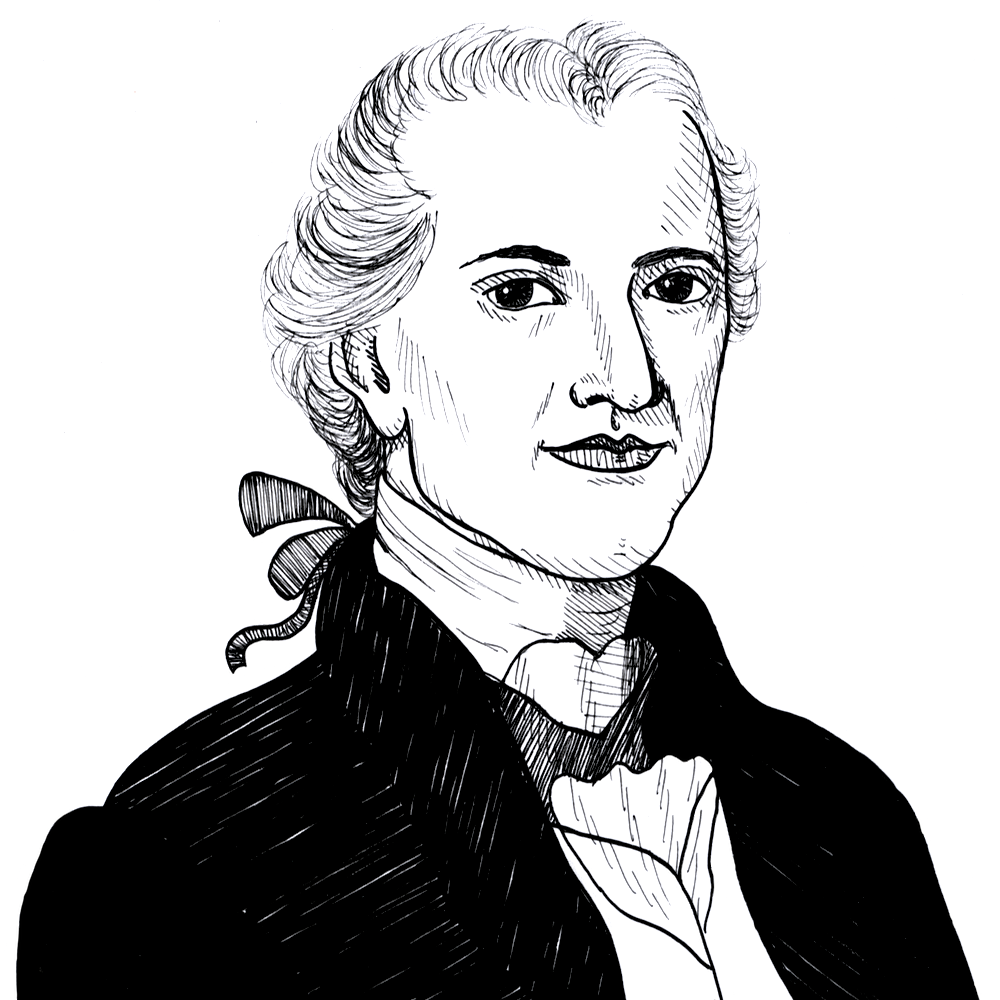
Kant on the natural right to seek happiness in one’s own way (1791)
Found in: Kant’s Principles of Politics, including his essay on Perpetual Peace
The German philosopher Immanuel Kant (1724-1804) argued in 1791 that there were three basic principles which should be the foundation of any Civil State: individual liberty, equality under the law, and “self-dependency” for voting rights. In this extract Kant defends the right of every individual to seek or pursue their vision of happiness without interference by the State:
Liberty
No one has a right to compel me to be happy in the peculiar way in which he may think of the well-being of other men; but everyone is entitled to seek his own happiness in the way that seems to him best, if it does not infringe the liberty of others in striving after a similar end for themselves when their Liberty is capable of consisting with the Right of Liberty in all others according to possible universal laws.